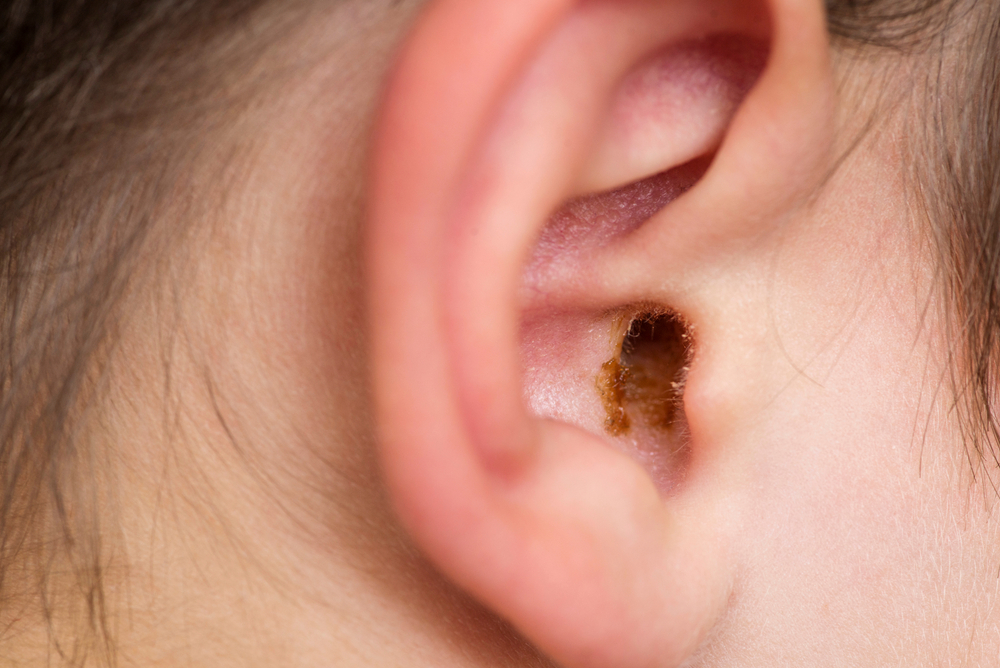
Chances are, earwax and its accumulation haven’t been subjects of extensive contemplation for you, except perhaps during ear hygiene routines. Nonetheless, understanding what causes earwax, how it develops, and its purpose is essential.
What initiates the buildup of earwax?
Earwax, also scientifically called cerumen, is made up of a mix of sweat, skin particles, hair, debris, and ceruminous gland secretions. Earwax will show up as a waxy substance that will normally be yellow, orange, brown, or even grey.
In most situations, children tend to generate more earwax than adults. Kids also usually have softer earwax that’s lighter in color than adults.
Earwax passes the outer ear canal naturally, eventually reaching the ear opening, where it either self-expels or gets washed away when you bathe.
Why is earwax crucial?
Earwax serves several crucial functions, such as:
- Fending off possible infections that might develop within the ear canal.
- Before things like dust, dirt, or other outside debris go further up into the ear canal, earwax acts as a barrier.
- Stopping itchiness and dryness by lubricating and protecting the lining of the ear canal.
Earwax blockages
Typically, there’s no crucial need to remove earwax from your ears unless it becomes impacted, a prevalent issue associated with earwax. Impacted earwax can be the result of narrow or unusually shaped ear canals impeding the normal movement of earwax toward the ear’s opening.
Wax can be accidentally pushed up into the ear canal by utilizing improper cleaning methods like using cotton swabs.
Earwax blockages are often experienced by people who frequently use earplugs, earbuds, or hearing aids.
How is hearing affected by too much earwax?
Auditory health may be impeded and you might feel mild discomfort.
Ringing in the ears, or tinnitus, may also happen.
Acoustic trauma may result in long-term hearing impairment, perforated eardrums, and long-term hearing loss if earwax obstructions go ignored.
How do you deal with impacted wax?
It’s crucial that you contact us as soon as possible if you think your ears may be blocked by earwax. Depending on the extent of the blockage, you might be advised to use over-the-counter wax softening drops or a bulb syringe for delicate irrigation to relieve the condition.
If you’re worried about your earwax buildup, call us right away to schedule an appointment.

